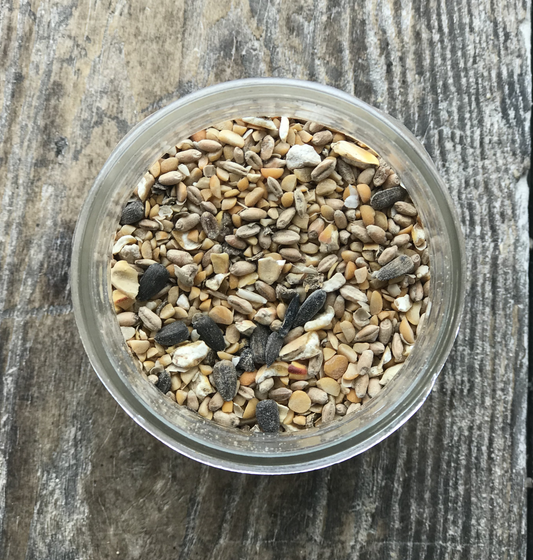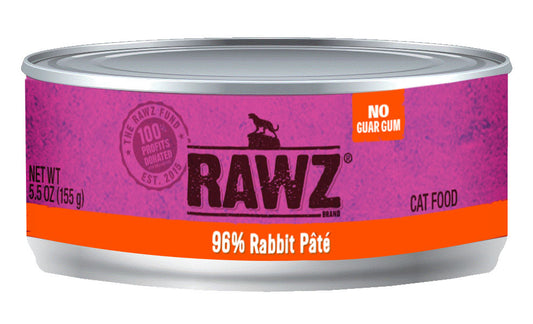When you're considering getting a pet, small animals like guinea pigs, hamsters, gerbils, and mice often come to mind. They are often seen as low-maintenance pets that are perfect for first-time pet owners or families with children. While they are generally easy to care for, there are still important things to consider before bringing one into your home. In this guide, we’ll look at some of the best small animals for beginners and give you the information you need to make a responsible choice.
1. The Appeal of Small Pets: Why They're Great for Beginners
Small pets are often seen as a great introduction to pet ownership. Their smaller size and relatively simple care needs make them appealing to first-time pet owners. Many of these animals adapt well to captivity and are well-suited to apartment living or homes with limited space. Additionally, they provide a wonderful opportunity to teach children about responsibility, empathy, and the basics of animal care.
2. Top Small Animals for Beginners
-
Guinea Pigs: Guinea pigs are one of the most popular small pets. Known for their gentle and social nature, they thrive in pairs or groups. They do require a larger cage and regular grooming, but they’re relatively easy to care for. Guinea pigs also live for about 5 to 7 years, which gives you plenty of time to bond with them.
-
Hamsters: Hamsters are small, low-maintenance pets that are ideal for kids. They don't need much space and can live in a small cage with a wheel for exercise. However, they are solitary creatures, so they should be housed alone. Their lifespan is relatively short (around 2 to 3 years), making them a good option for families looking for a shorter commitment.
-
Gerbils: Gerbils are active and curious pets that love to burrow and explore. They’re easy to care for and make fun pets to watch. Gerbils are also social animals, so it’s best to adopt them in pairs. They typically live for 2 to 4 years.
-
Mice: Mice are small, inexpensive, and easy to care for, making them a great option for first-time pet owners. They need a clean cage with bedding and an exercise wheel. Mice are social creatures and do best in pairs or groups. Their lifespan is about 1 to 3 years.
-
Goldfish: Goldfish are one of the most classic pets, but they require proper tank maintenance and regular water changes to stay healthy. They are relatively low-maintenance in terms of handling but can live for up to 10 years or more with the right care.
-
Leopard Geckos: Leopard geckos are a great pet for those interested in reptiles. They are hardy, easy to care for, and don't require much space. These geckos are calm and enjoy being handled once they get used to you. They can live up to 20 years with proper care.
-
Budgies (Parakeets): Budgies are small, friendly birds that make great pets for people with limited space. They can learn to mimic sounds and interact with their owners. They require regular social interaction and a clean cage but are relatively low-maintenance compared to other birds.
-
Small Turtles: Small turtles, like the box turtle or painted turtle, are fun pets for first-time owners. They do require a proper habitat with both land and water areas, and they need regular UV lighting for their health. Depending on the species, they can live anywhere from 10 to 30 years.
3. Lifespan: A Long-Term Commitment
One of the most important things to consider when choosing a small pet is their lifespan. While some animals like hamsters or mice only live for a few years, others, like guinea pigs, geckos, and turtles, can live for decades. It’s essential to understand that pet ownership isn’t just a short-term commitment—these animals rely on you for care, companionship, and health throughout their lives.
For example, guinea pigs typically live for 5 to 7 years, and leopard geckos can live up to 20 years. Small turtles can live anywhere from 20 to 30 years, so make sure you’re prepared for the long haul.
4. Time Commitment: More Than Just Feeding and Cleaning
While small pets generally require less maintenance than larger animals, they still need daily attention. This can include feeding, cleaning their cages, and providing enrichment activities. Many small animals need daily or weekly exercise and social interaction, so be sure you're ready to commit time to their well-being.
For example, guinea pigs need daily attention in the form of fresh hay, veggies, and regular grooming. Mice and hamsters also need time outside their cage for exercise, and geckos require a warm environment and special care to maintain their health.
5. Important Considerations Before Getting a Pet
Before making the decision to bring a small pet into your home, there are a few things to consider:
-
Space: Do you have enough room for a proper habitat? Some pets, like guinea pigs and turtles, require larger spaces than others.
-
Health Needs: All pets need proper veterinary care, and some animals, like reptiles, may require specific treatments or check-ups.
-
Budget: Consider the costs associated with your pet, including food, bedding, cages, and veterinary care.
-
Responsibility: Especially for young children, make sure everyone in the household is ready for the responsibility of caring for a pet.
Choose Wisely!
When it comes to choosing a small pet, it’s important to do your research and make an informed decision. Whether you’re bringing home a hamster, guinea pig, or gecko, these animals can make wonderful companions for the right owner. Remember, pet ownership is a long-term commitment, so ensure that you’re ready to care for your new friend before making the leap. By choosing the right pet and preparing for their needs, you’ll be rewarded with years of companionship and joy.





